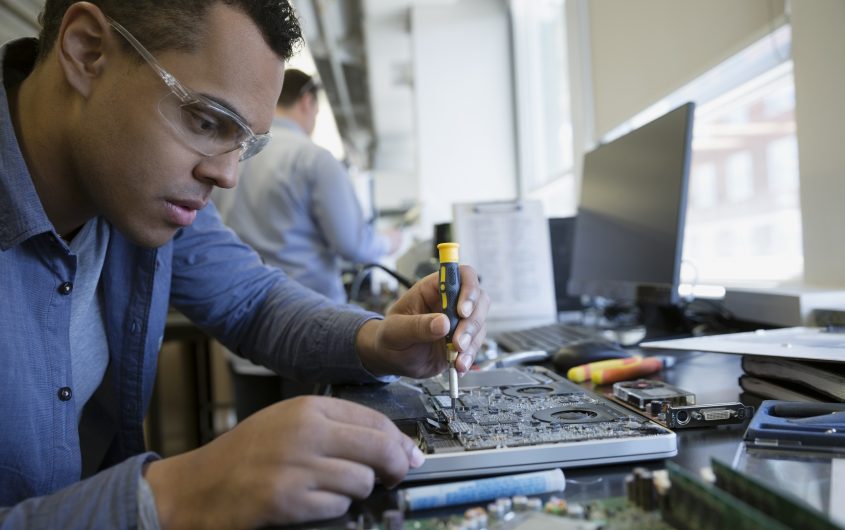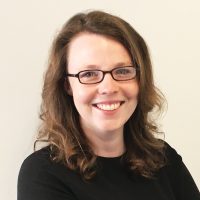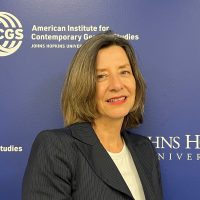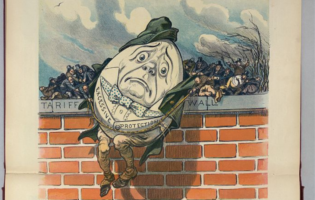
Getty Images
Closing the Skills Gap: The Importance of Educating a Diverse Workforce

Elizabeth Hotary
Communications Officer
Elizabeth Hotary is the Communications Officer at AICGS. She creates and implements communications strategies, coordinates publishing activities, and manages media relations. She contributes to AICGS research on workforce education and immigration and integration and has co-led AICGS study tours across the United States and Germany. Before joining AICGS, she taught English at a secondary school in Herne, Germany, as part of the Fulbright Program. During her time as a Fulbrighter, she also volunteered with the U.S. Consulate Düsseldorf’s MeetUS program, where she traveled to schools across North Rhine Westphalia to speak with secondary school students about the United States. She has previous experience at the University of Denver's Josef Korbel School’s Office of the Dean and WorldDenver, a nonprofit global affairs organization.
Ms. Hotary received her MA from the Josef Korbel School of International Studies at the University of Denver, where she was a Marc Nathanson Fellow. She graduated magna cum laude from the University of Arkansas with degrees in International Relations, European Studies, and German. She is an alumna of the Aspen Seminar for Young European Leaders "Next-Gen Europe: Leading for Values."
__

Susanne Dieper
Director of Programs and Grants
Susanne Dieper is the Director of Programs and Grants at AICGS. She oversees the Institute’s programs and projects within the three AICGS program areas, manages all AICGS fellowships, and is in charge of grant writing. Her current focus is on issues related to transatlantic relations, immigration and integration, diversity, the next generation of leaders, workforce education, and reconciliation. She develops programs that align with the mission of AICGS to better understand the challenges and choices facing Germany and the United States in a broader global arena.
Previously, Ms. Dieper was in charge of organizational and project management at AICGS as well as human resource development and board of trustees relations. Prior to joining AICGS, she worked in transatlantic exchange programs, language acquisition, as well as the insurance industry in Germany.
Ms. Dieper holds an MBA from Johns Hopkins University with a concentration in International Business and an MA in English Linguistics and Literature, History, and Spanish from the University of Cologne. She has completed course work in nonprofit management at Johns Hopkins University.
__
Issue Brief 55
Anticipated demographic changes in the United States suggest that many communities—and their workforces—will be increasingly minority-based, with Hispanic population growth outpacing other minority groups. Young minorities across the country will be seeking employment in a variety of fields, including in technical fields that require solid knowledge in science, technology, engineering, and math (STEM). AGI’s project on integrating young minorities into the workforce has focused on the evaluation of education and training systems that exist in the United States, especially regarding the challenges of expanding education and training opportunities to a minority-based workforce. Drawing on comparisons with programs in Germany, AGI brought a group of workforce, migration, and education experts from the United States and Germany to the Charlotte, North Carolina, region to evaluate the situation on the ground. The project also looked at workforce development examples in the Washington, DC, area, which is home to large international and minority communities.
This Issue Brief discusses the training and integration initiatives underway—in education, enterprise, and NGOs—in the Charlotte and Washington, DC, areas. The authors discuss the progress made, the challenges that remain, and the imperative for building a robust workforce.









